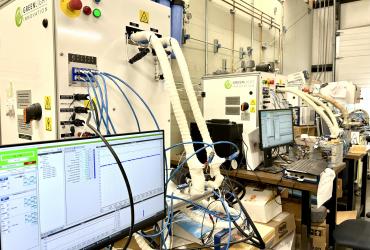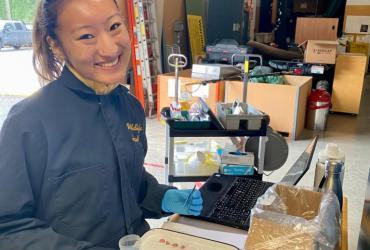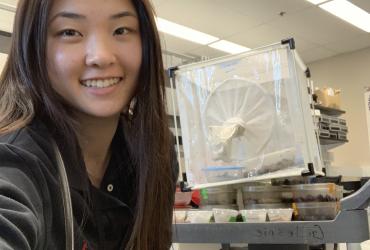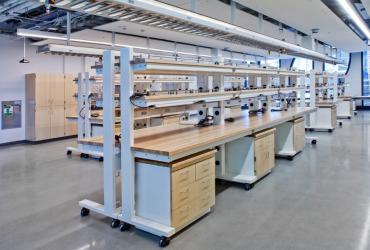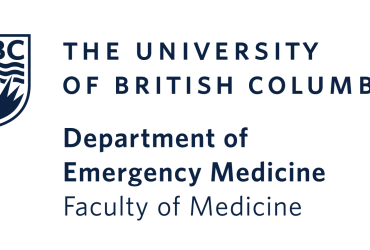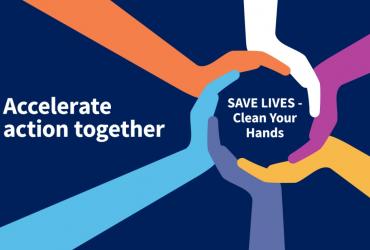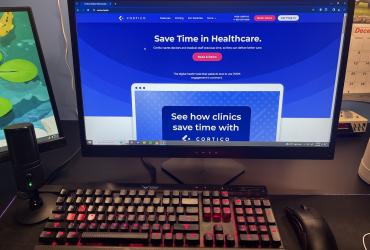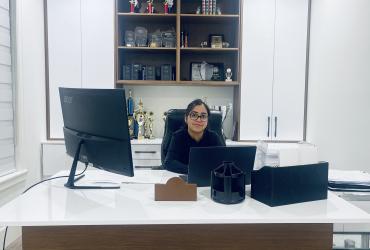Orientation and First Weeks
My first few days primarily revolved around paperwork and training alongside two of my colleagues. During this period, we received an overview of the study, details about the interview process, and training on the software and equipment. Once I was assigned a workspace, I engaged in mock interviews with my coworkers using the computer software. These interviews, lasting around two hours, required following a prescribed script that involved questions about medications and medical conditions I was not familiar with. This initially proved to be quite overwhelming. Fortunately, my supervisor and colleagues provided valuable support and displayed patience as I worked on adapting to reading directly from the script and correctly pronouncing complex medical terms. Following the first week of training, we were ready to begin conducting interviews with study participants as our first interview appointments were scheduled.
Day to Day
I arrive at the office, prepare a cup of tea, and settle into my cubicle. I review the daily agenda alongside my coworkers, and together we distribute appointments among ourselves. Once the tasks are divided, I start examining the notes and records of the participant assigned to me. This ensures I am aware of any specific requirements they might have or any complications which may come up before I call them. At the scheduled time, I contact the participant and begin the interview, asking questions and inputting their responses into my computer.
During periods when I am not engaged in scheduled appointments, I take the initiative to contact other participants in order to arrange future meetings.
Learning and Adaptation
In my personal experience, I found that the performance curve for this role was like a rollercoaster ride due to the number of variables influencing the effectiveness of the interviews, coupled with the great amount of information to grasp within a limited timeframe.
An important lesson I learned pertained to effective communication and comprehension of participants during telephone interactions. Most of my usual conversations occur in situations where I can visually perceive the person I am interacting with, allowing me to interpret both non-verbal cues and spoken words. However, as all the interviews were conducted solely over the phone, I lacked access to visual cues to gauge participants' responses. To address this challenge, I paid meticulous attention to their language choice, tone of voice, and any audible cues or pauses, using these indicators to assess their emotional state, discomfort with certain questions, need for a break, and more.
Accomplishments and Challenges
During my first month, I definitely felt overwhelmed and encountered challenges in completing interviews within the estimated two-hour timeframe. As I gradually acquainted myself with the interview protocols and questions, I found it progressively easier to get over this hurdle. Nevertheless, my own comfort with the interview process could only take me so far, as there was a substantial degree of variability among participants that significantly impacted the efficiency of the interviews.
One particular struggle I faced involved maintaining participants' focus, as they frequently digressed off-topic during the interviews, leading to prolonged completion times past the two-hour mark. As I gained more experience in conducting interviews and engaging with participants, I learned techniques to effectively retain their attention and steer them back on course. Seeking guidance from my supervisor and colleagues, who also encountered similar challenges, proved to be immensely beneficial as well. Through overcoming these obstacles, I managed to cultivate personal growth within the workplace and enhance my overall performance.










